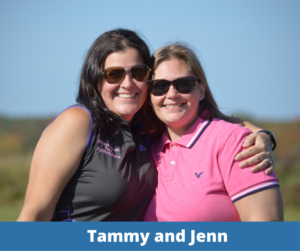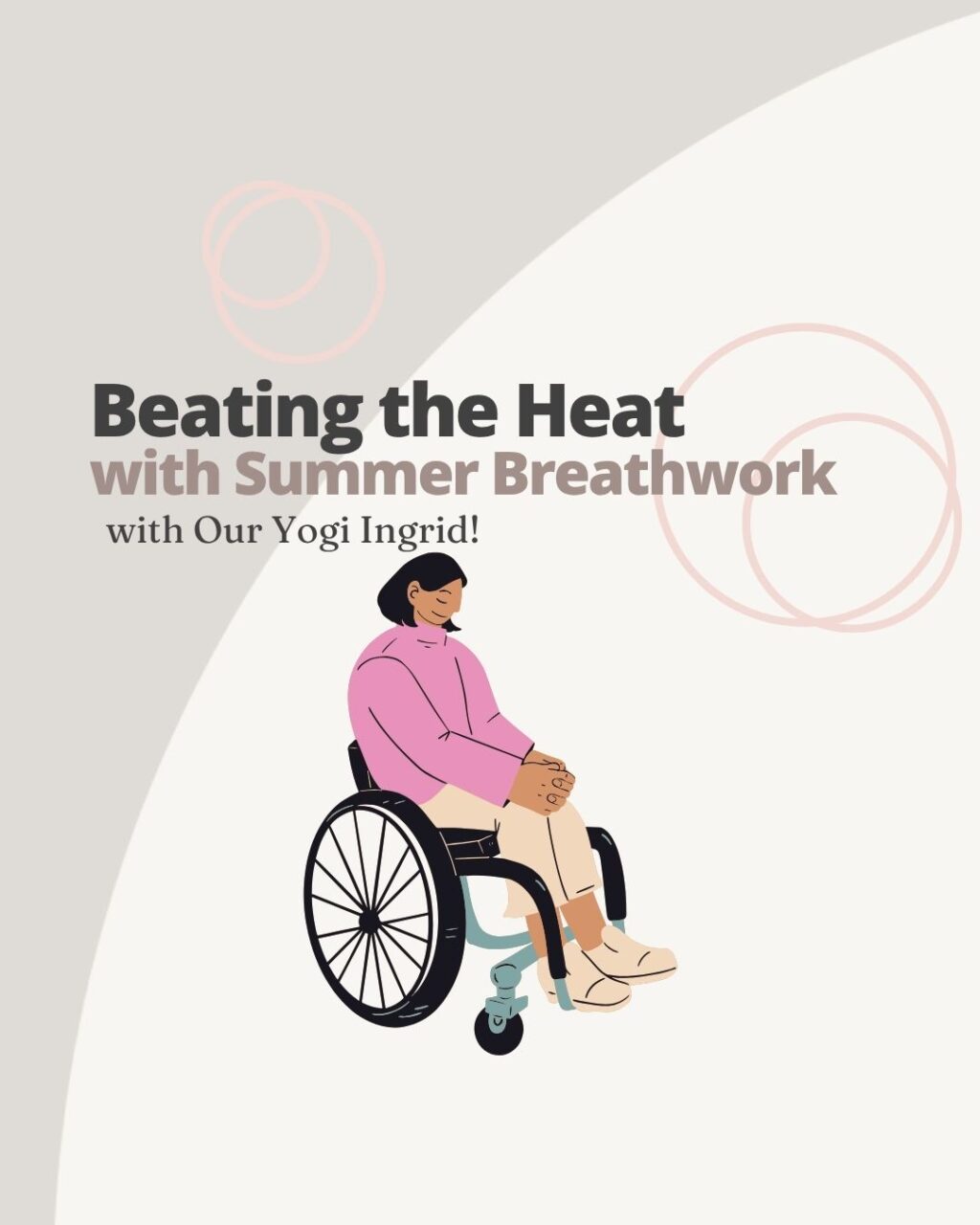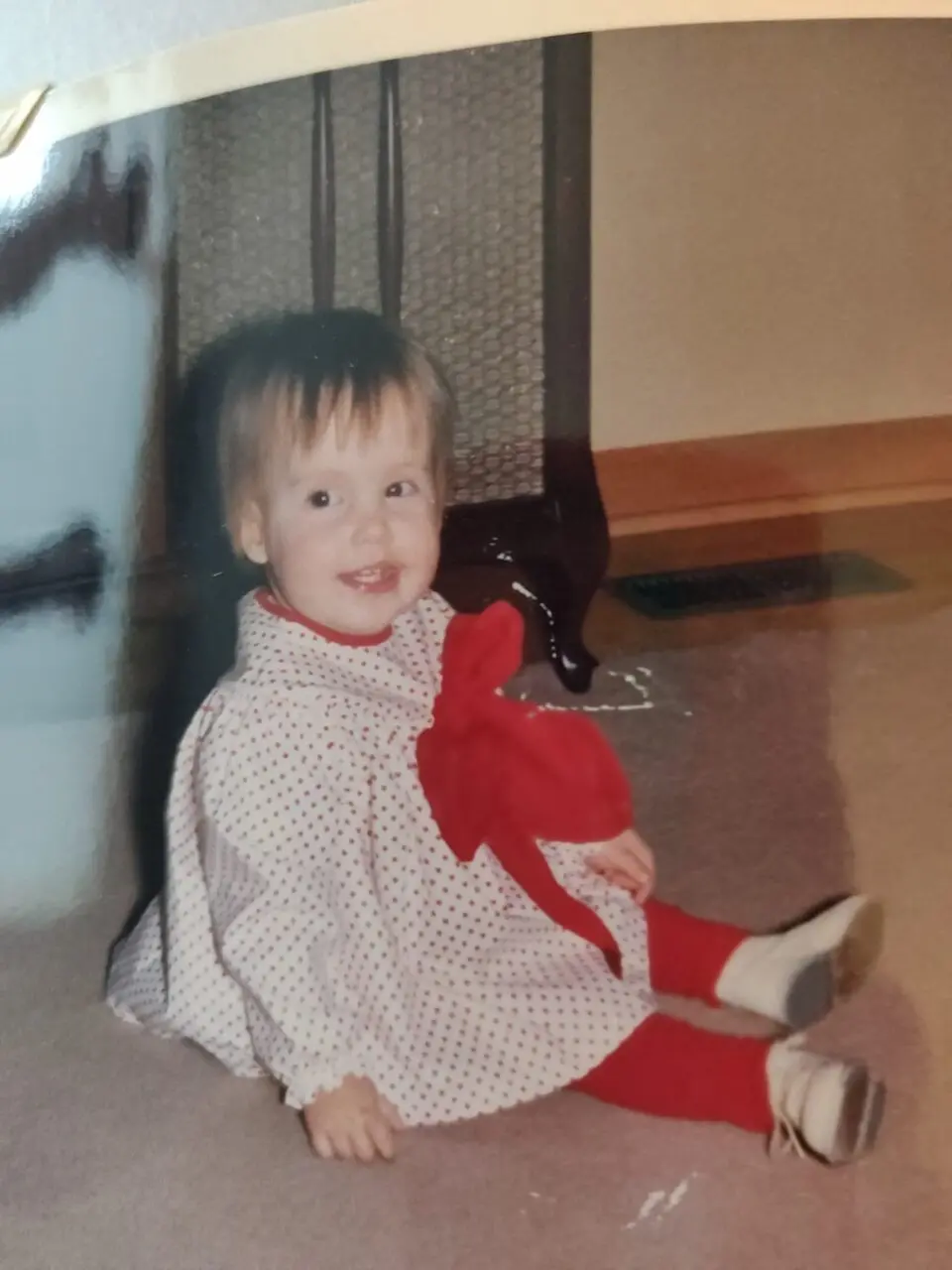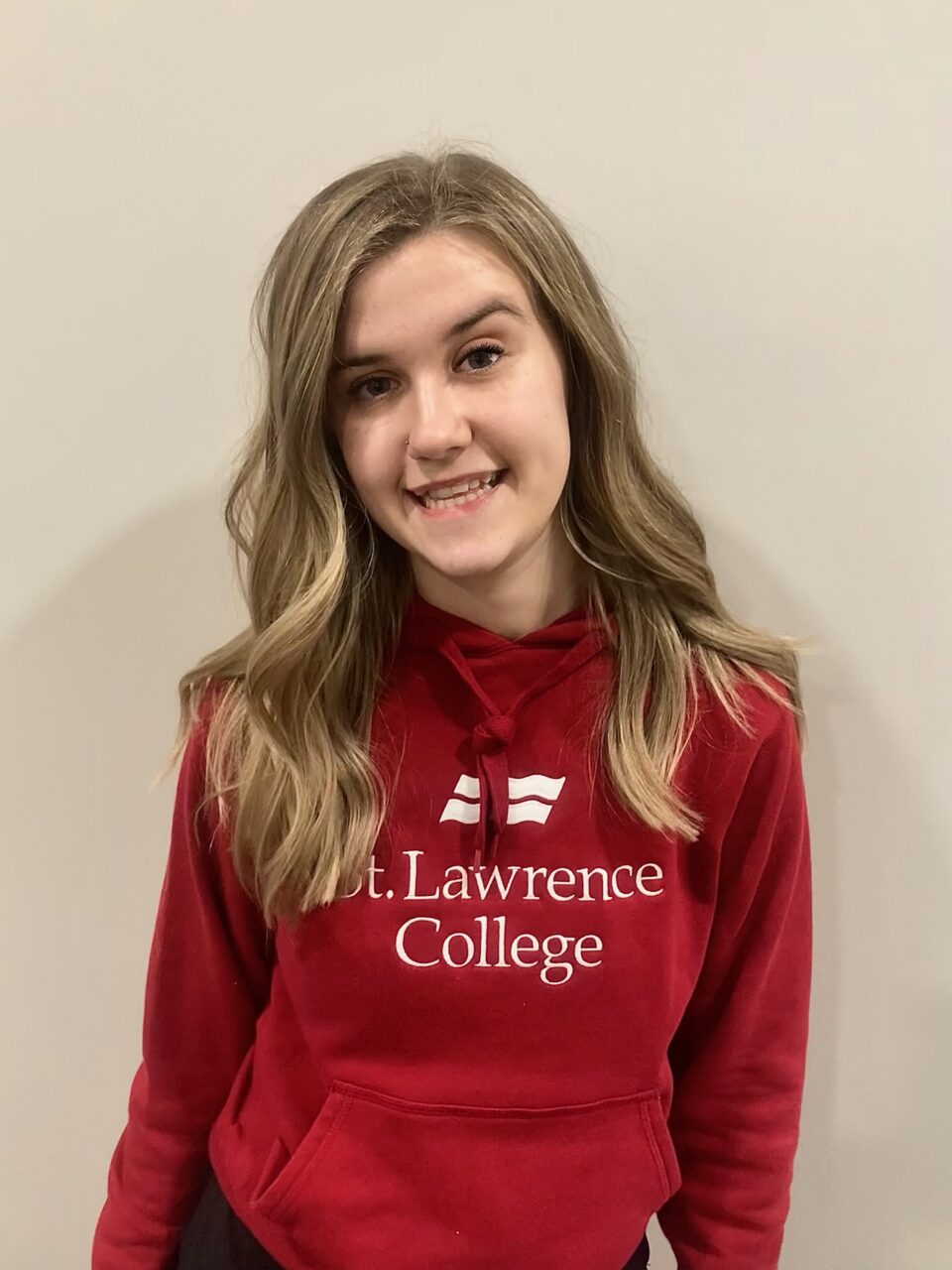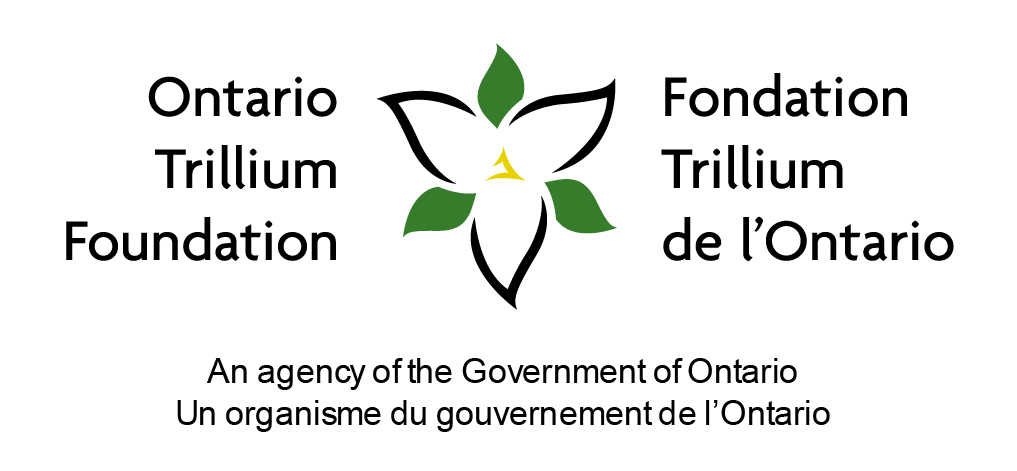By: Mary Dufton
Friendships are key to our physical and mental well being. As parents of adolescent sons with hydrocephalus, Tammy Selkirk and Jenn Fraser have an especially close connection. When Tammy and Jenn were pregnant with their sons, hydrocephalus was rarely discussed in prenatal classes and literature in physicians’ office was scarce. Jenn did not know what symptoms to look for in Quinn. Both Quinn and Jackson were diagnosed with hydrocephalus when they were four months old.
Searching for much-needed resources, Tammy and Jenn turned to the Internet and met online through a Facebook group for mothers of children with hydrocephalus. They have been friends since their boys were infants. Their first face to face meeting was at the second annual Jackson’s Hope Fore Hydrocephalus Golf tournament in 2010 which brought them even closer.
The two boys, Quinn, and Jackson, are equally close. Through their shared bond, Tammy, Jenn, Quinn, and Jackson are dedicated volunteers, helping Hydrocephalus Canada raise awareness. Each, in turn, has benefitted from their involvement with the organization. In this story, they share their perspectives on their unique friendships and why their involvement with Hydrocephalus Canada is important to them.
Jenn and Quinn Fraser

For Jenn, Tammy’s presence in her life as a best friend and supporter means everything. Having a friend who understands the medical condition is invaluable. Whether by phone, a Facebook message, or a text, she knows Tammy is always there for advice and an ear to listen.
Hydrocephalus Canada has also helped Quinn by providing learning materials to engage with other children about the same condition.
Through Facebook, Jenn has made connections to other parents and individuals from all over the world. Most of all, she says, “Meeting Tammy has been a blessing. She is my sounding board, my best friend, and the sister I never had. She completely understands my fears and worries.”
Like any parent, Jenn has hopes and dreams for Quinn. She wants him to be the best person he can be and not have anything stop him. Although every parent may wish that for their child, she thinks it is much more meaningful for a child with a disability.
Hydrocephalus affected Quinn’s language development and his coordination. Things do not come easily for him, so he must work harder. But he never gives up. Through perseverance, Quinn has been on the honour roll at school for grades nine and 10. He is also pursuing a career in the military. He has been without surgery for 12 years and every day that he is without a headache is celebrated.
“Quinn is my birthday buddy, being born on my 30th birthday. He is my hero and I admire his strength and determination so much.”
Jenn offers this advice, “Listen to your gut! Not every child presents with “classic, textbook symptoms. Quinn did not. He was always outside the box. It has been to the point that it is written in his file to ‘listen to Mom’. If your gut is telling you something is not right, get it checked out. We are the only ones who truly know our children.
Sixteen-year-old Quinn believes that managing his hydrocephalus is easier as he gets older. He has a better understanding of how to manage his setbacks. Growing up with it has allowed him to understand how to prevent or at least manage the severe headaches that can accompany the condition. He copes by lying down and burying his face in a pillow until the headache subsides. At the age of four, he could tell his parents the difference between a “stay home” headache and a “go to the hospital” headache.
Quinn’s friendship with Jackson allows him to be more open-minded. Knowing that his friend has gone through the same experiences comforts him because he can talk to someone who understands and can provide tips for managing his headache pain. However, Quinn also has many friends without disabilities who see him and not his disability. Quinn has had setbacks with his health, but he has learned to manage them. Quinn offers the following advice for parents of children with disabilities: “Let your children figure out how to manage their disability themselves but be there when they need assistance.”
Tammy Selkirk and Jackson

Tammy Selkirk helps Jenn investigate causes and solutions for things like headaches and provides ongoing support. They have done many golf fundraisers together for Hydrocephalus Canada over the years and they have the same wrist tattoo, the infinity symbol with the word “always” wrapped into it. This one word means so much to the women. They to try to spend as much time together as possible and feel like they are spirit sisters.
For Tammy, there is no other friend like Jenn, referring to her as her “best friend and one of a kind supporter!” Jenn builds Tammy up when she is breaking down. Jenn understands what Jackson goes through, because her son, Quinn is experiencing or has experienced the same thing. It means the world to her and makes her feel less alone when she feels the world is against them. Tammy knows Jenn will have an answer or direction if she needs parenting or medical advice.
“She gets it, she gets me! There is nothing in my life over the years that Jenn and I have been friends that I don’t share with her!” Year after year Jenn and her family support Jackson’s Hope Fore Hydrocephalus golf tournament by sponsoring holes and coming out to golf.
Tammy believes that Hydrocephalus Canada has helped Jackson better understand that there are a variety of kids with hydrocephalus, each unique with their own challenges. She is grateful for the resources, which she knows she would not have at a local level without her connection to the organization. These resources have helped her son engage with other children with the same condition.
Looking back, Tammy wished that she had been open to others when Jackson was diagnosed with hydrocephalus. He had many shunt revisions. She shut down and kept to herself, believing that no one would understand. Her friendship with Jenn was a great support because she knew exactly how she felt.
Like any parent, of a child with a disability, Tammy wishes that her son Jackson had not been born with hydrocephalus. He has struggled in managing his differences and limitations, unlike his peers without disabilities. However, on a positive note, they believe he is more empathetic and sympathetic having a medical condition. He always has a contagious smile that no one can take away from him. He has not had any surgeries for the past eight years and has been healthy, which they are grateful for.
Tammy has the following advice for parents of children with disabilities: “Talk openly and honestly to other people. They may feel the same way you do and if hey don’t they will listen!”
Jackson, who is sixteen, manages his hydrocephalus, but wishes he was “normal” like other kids. Although he responds openly and honestly when asked questions about his hydrocephalus, he still feels different. He has experienced cruelty and judgement for his differences and wishes other kids would take the time to know him. While he can do the same things as other kids can do, he is aware of his needs.
Jackson continues to be more informed about hydrocephalus as he gets older and what may change. He also finds he can self advocate better. Jackson’s friendship with Quinn has helped him a lot: “I think it was cool to meet Quinn, who is exactly like me! It makes me feel better knowing someone goes through the same thing as me, same struggles, same insecurities.’ Jackson’s big passion is playing golf. He also enjoys fishing and playing hockey.
Jackson advises parents to ensure their physical surroundings are safe, but let your kids be kids. He believes trust and encouragement are important. He is grateful that his mother, Tammy lets him try new things without placing limitations on him.
A lot can be learned from these close friends and their unique story. Here’s to friendship and the bonds it brings.
A lot can be learned from these close friends and their unique story. Here’s to friendship and the bonds it brings.
